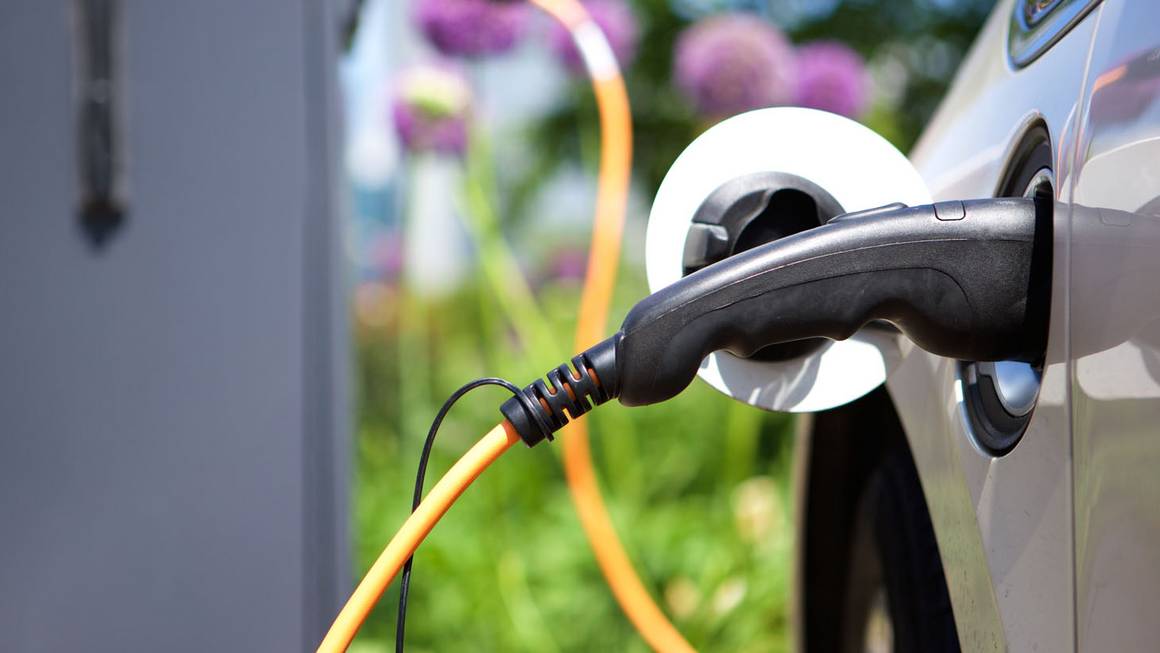Transforming the transport sector will succeed only if energy consumption can be reduced. Over the short and medium term, improvements in vehicle efficiency will suffice to do the job. But for long-term targets, alternative drivetrain technologies will be needed.
Of all the technologies under consideration, battery electric vehicles consume the least energy, making them the benchmark for clean-energy efficiency in the transport sector. Other technologies, such as fuel cells, also have potential. Even internal combustion engines can be carbon neutral if run on synthetic fuel produced with renewable electricity (though they are less energy efficient than electric batteries). Considering the many options available, it is important to explore the various technological paths that can lead to an energy-efficient and climate-friendly transport system.
The electrification of the transport sector brings its own particular challenges. For one, vehicles that run on batteries or fuel cells must be powered with renewable energy to be truly carbon neutral. Furthermore, the manufacture of batteries and power electronics must not exhaust available resources, which would lead to a whole new set of environmental problems. Finally, the creation of public and semi-public charging stations must accompany the expanded use of electric vehicles and be easily accessible to everyone. If electric drivetrain technologies are to catch on, these issues need to be addressed.










